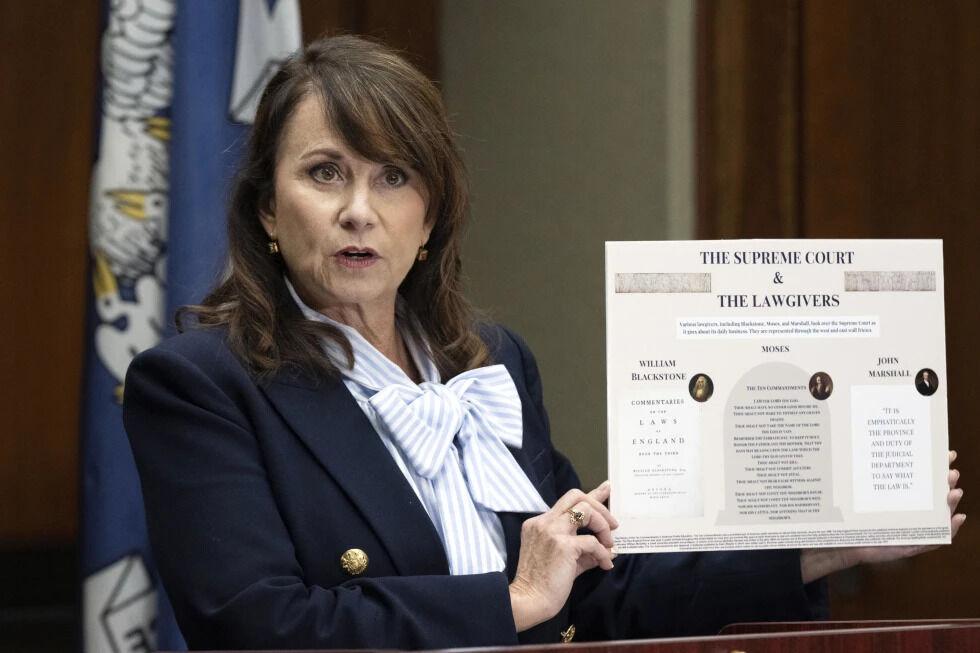Explosions. Fires. Chemical spills. Injuries.
No, it’s not war. It’s University science labs.
A fine line exists between the funny and not-so-funny stories of incidents in organic chemistry labs or biology labs. But students still find interesting and creative ways to botch their lab assignments.
General studies senior Valerie Hegwood said she almost caught her lab on fire during an experiment.
“[The teacher’s assistants] always tell you to watch your Bunsen burner,” Hegwood said. “I just happened to turn around for a minute, and the cord got in the way.”
According to Hegwood, the cord connecting the burner to the gas line caught fire, causing a blaze high enough for students on the other end of the lab room to see.
Most students in the area ran from the flames, and none of them attempted to get an extinguisher, Hegwood said. However, the teacher’s assistant remained calm and quickly cut the gas off, preventing it from spreading.
Danielle Bagaley, a microbiology lab worker, witnessed a friend spill hydrochloric acid on her glove and scratch her head with the gloved hand moments later.
Bagaley said the incident was awkward and funny because the teacher’s assistant immediately made her friend put her head in the shower to clean it out.
The student’s injury was only minor.
“She had to go to the infirmary, and she was given pain killers — she liked that part,” Bagaley said.
Dr. Linda Allen, undergraduate director of labs for the chemistry department, said many accidents or mishaps occur because students fail to understand guidelines for conducting an experiment.
Allen said a student once was told to hook up a natural gas hose to a Bunsen burner, but instead hooked the burner to a water hose.
The student continuously complained of not being able to light the burner until the teacher’s assistant revealed the problem.
Although many lab mishap stories are funny, safety still is a serious concern, said Tamara Nauman, coordinator of organic labs.
Students are required to wear full-face safety goggles and lab aprons in the lab setting, Nauman said.
Introductory Biology Lab Coordinator Bill Wischusen said students must achieve a perfect score on a lab safety quiz before being allowed to participate, although many students still do things without thinking.
Accidents in labs usually involve breaking lab materials, he said. Many of the materials are expensive to repair.
Benn Fowler, the chemistry lab’s stockroom coordinator, said the required student fee of $20 usually does not cover the yearly expenses for damages.
Fowler said students can be destructive, tearing balances and breaking melting point apparati.
“Students should understand they have to pay attention and have to be safe in labs,” Fowler said. “They can hurt themselves or others.”
Experimental mishaps
By Benjamin Leger - Staff Writer
November 12, 2002
More to Discover







